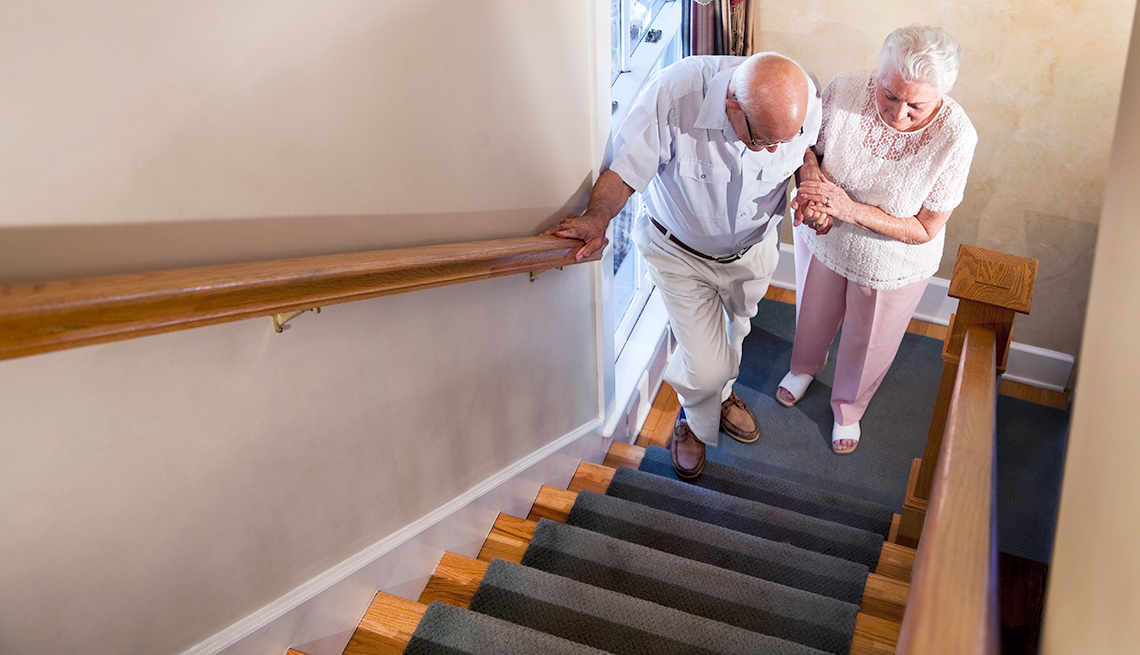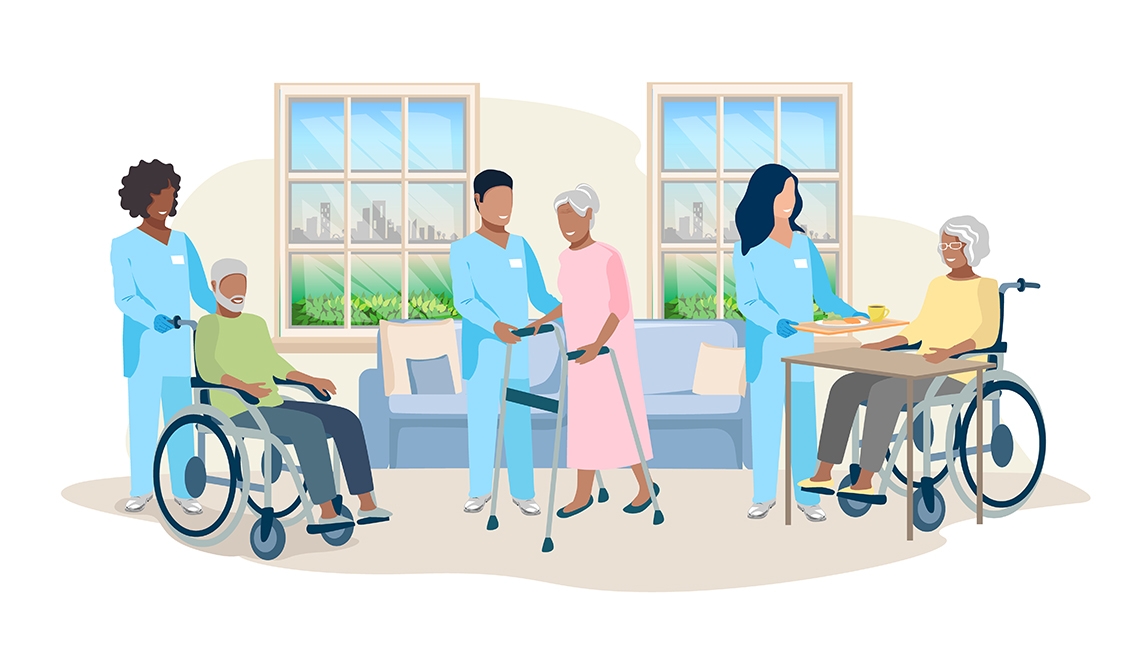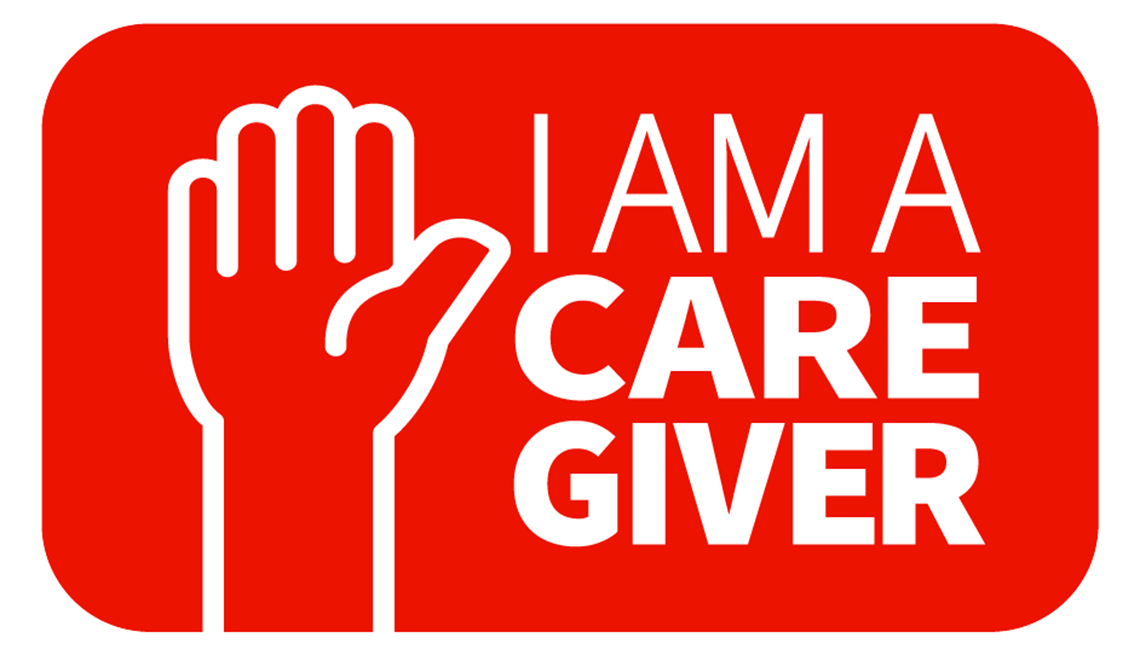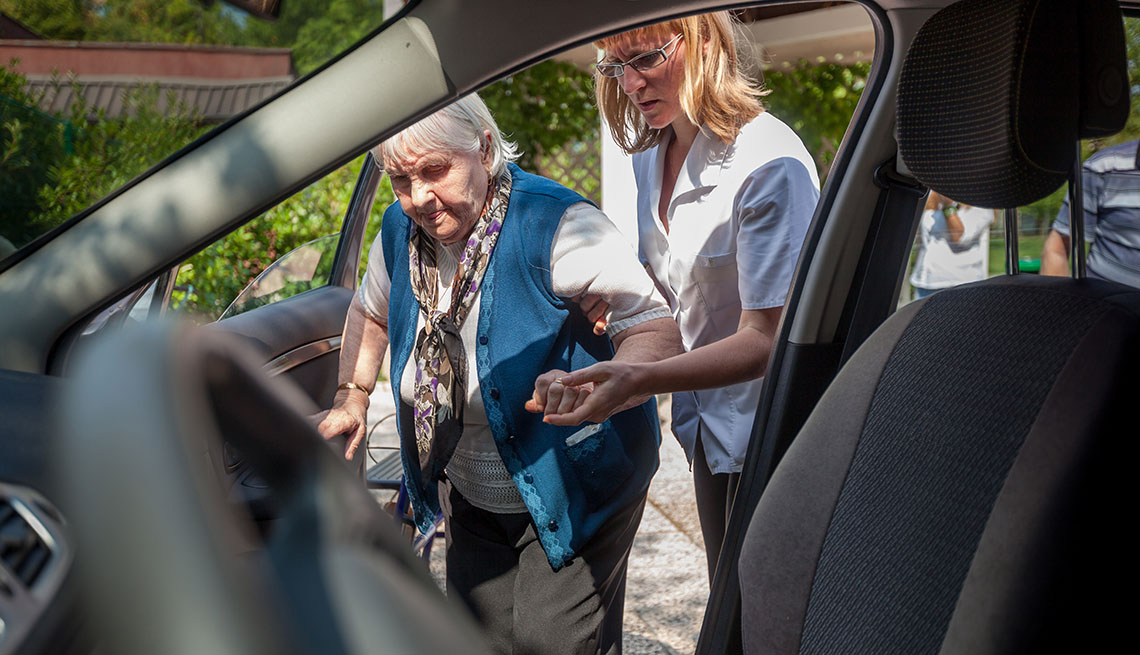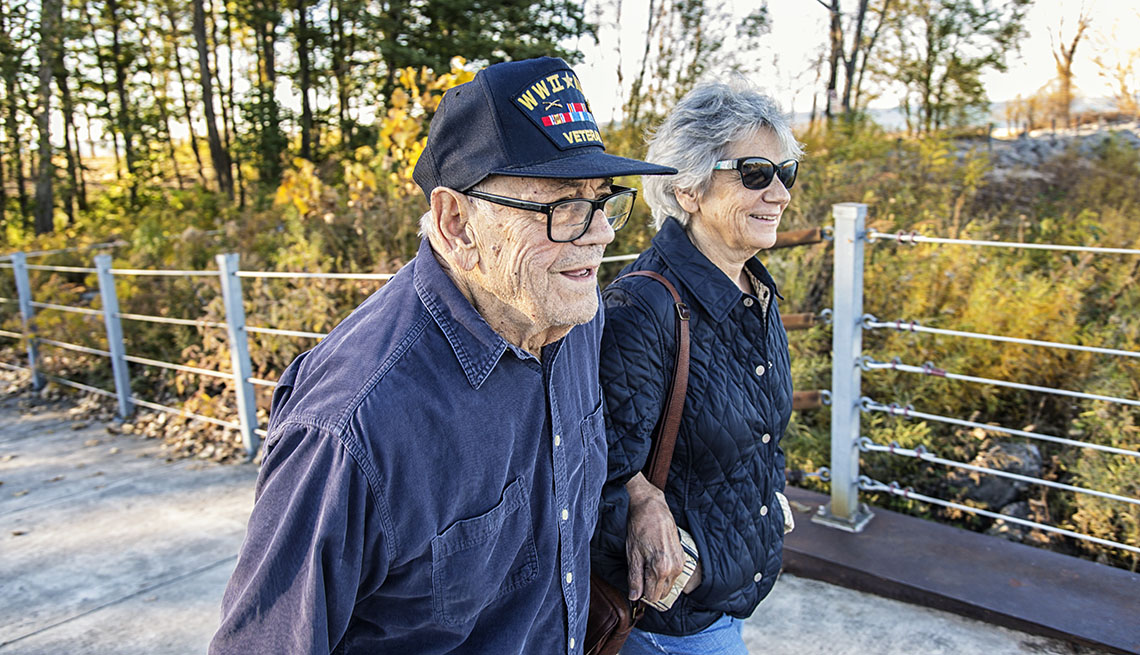How to Be a Caregiver for Someone With COPD
Care for a COPD patient at home and improve their quality of life
A New Kind of Care-Based Cohousing
Explore Carehaus, an innovative housing model
A Caregiver’s Guide to Conservatorship
What it is and how to get one
Call Our Resource Line at 1-877-333-5885
Free help for individuals taking care of a loved one
Caregiving Resources Available in Spanish
Tips and advice en Espanol
Care at Home More news and advice on COVID-19
Dementia Caregivers Guide: Tips for Unique Challenges
The latest research on dementia and caregiving tips
Coping
How to Cope With Guilt When Family Enters a Nursing Home
Look at the big picture to ease conflicted emotions
Supporting Caregivers
Telehealth Can Help Ease Stress for Family Caregivers
AARP urges Congress to the strain on caregivers by expanding Medicare coverage
AARP Exclusive: GOP Candidates on Caregiving
Presidential hopefuls on how they'd help caregivers if they win the 2024 election
Care at a Skilled Facility More News About Nursing Homes
Finding the Right Long-Term Care for Your Loved One
Weigh the options to make the best possible choice
CAREGIVER RESOURCE CENTER
Helping you navigate your role as a family caregiver
TOOLS & GUIDES
Video Spotlight
3 Ways to Prepare for In-Home Care Support
The transition can be an adjustment for caregivers and their loved ones
Starting a Conversation About End-of-Life Care
Questions to ask and how to make your loved ones comfortable with the conversation
Planning Your Advance Health Care Directives
Amanda Singleton offers advice on preparing your advance health care directives during the pandemic




